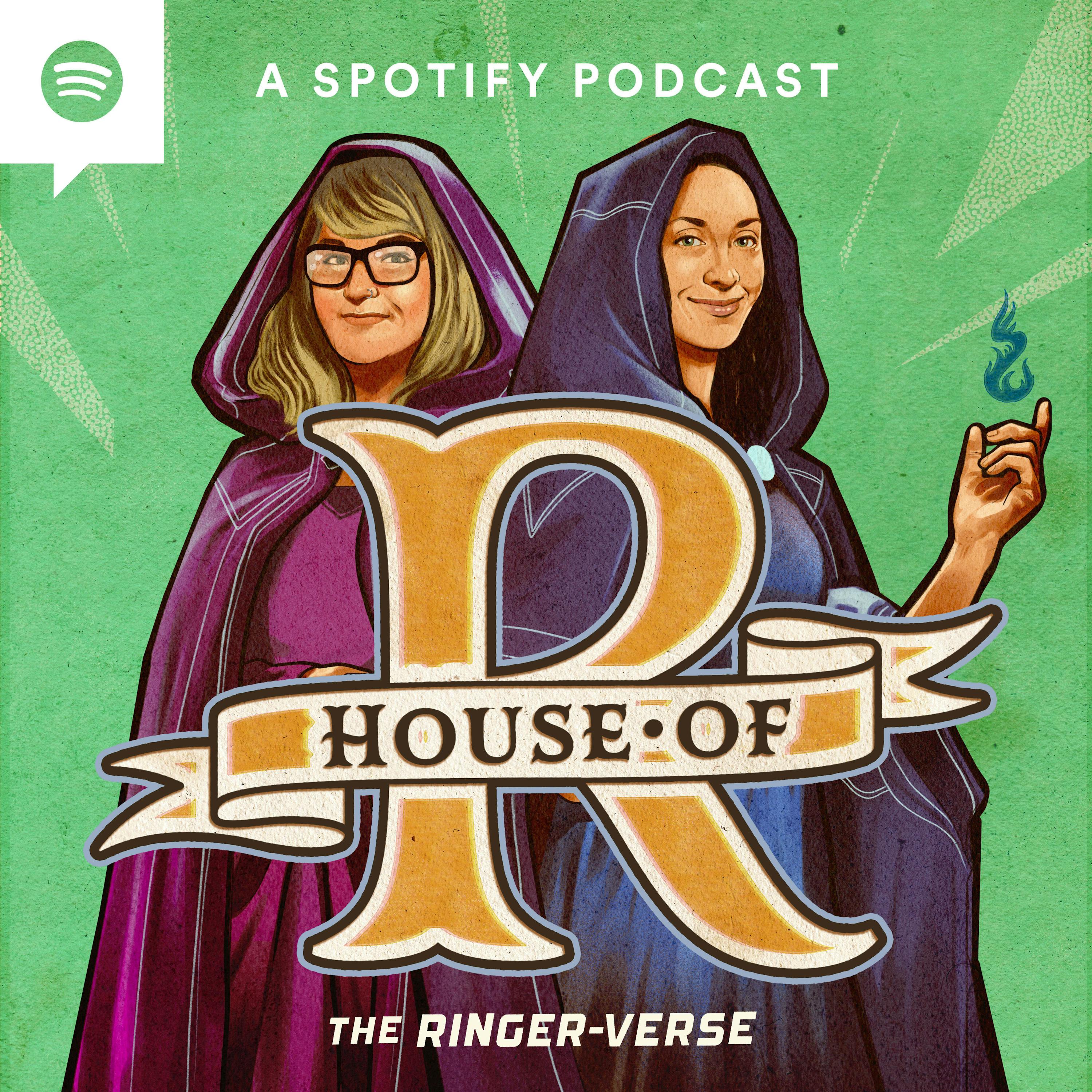
Key Insights
Why did Apple TV+ decide to focus on sci-fi series in their lineup?
Apple TV+ has been investing in sci-fi series as part of their strategy to offer diverse and high-quality content. This decision seems to be driven by Matt Cherniss, the head of programming, who previously oversaw a successful run of genre shows at WGN. The commitment to sci-fi allows Apple TV+ to differentiate itself in the streaming market and attract a dedicated audience.
Why did the creators of 'Silo' decide to pad out the story to fill 10 episodes?
The creators, Graham Yost and Hugh Howey, wanted to end the first season with a specific reveal of other silos, which isn't the natural stopping point in the book. This decision to pad out the story was likely influenced by the need to meet the 10-episode format typical of streaming series, which often requires more content to maintain viewer engagement over a longer period.
What are some of the key themes and inspirations in 'Silo' that reflect contemporary concerns?
Themes in 'Silo' include the dangers of technology, the impact of social media on mental health, and the suppression of curiosity and ambition. These themes are reflective of contemporary concerns about privacy, control, and the psychological effects of constant exposure to negative news. The show also draws inspiration from dystopian narratives like 'Snowpiercer' and 'The Handmaid's Tale', as well as philosophical concepts like Plato's Cave.
How does the character of Juliette in 'Silo' fit into the reluctant hero archetype?
Juliette, the protagonist of 'Silo', embodies the reluctant hero archetype. She is initially driven by personal grief and a desire for truth, rather than a grand mission to save humanity. Her journey involves reluctantly taking on leadership roles and responsibilities, not out of ambition, but as a means to an end to uncover the mysteries surrounding her boyfriend's death. This reluctance adds depth to her character and makes her more relatable and compelling.
What is the significance of the final twist in 'Silo' season one?
The final twist reveals that the world outside the silo is a barren wasteland, contrary to the idyllic images shown on the screens. This revelation reframes the entire narrative, suggesting that the silo's leaders have been lying about the outside world's safety to maintain control. The twist also introduces the existence of other silos, setting up future storylines and raising new questions about the true nature of the dystopian society and its origins.
What are the potential implications of the Gaia shooting scene in 'Secret Invasion' episode three?
The shooting of Gaia, portrayed by Emilia Clarke, could imply several scenarios: either Gaia is actually dead, and another Skrull assumes her form to infiltrate Talos's camp, or she has given herself Extremis-like healing powers and is not dead. Alternatively, she could be faking her death to evade Gravik. These possibilities add layers of intrigue and uncertainty to the plot, keeping viewers guessing about her true status and motives.
How does the reveal of Rhodey's voice in 'Secret Invasion' episode three impact the narrative?
The reveal of Rhodey's voice on the phone call to Priscilla Fury introduces ambiguity about his true allegiance. It could suggest that Rhodey is a Skrull, but the anticlimactic nature of the reveal makes it less likely. Instead, it might indicate that someone is impersonating Rhodey, adding complexity to the plot by suggesting multiple factions and layers of deception within the Skrull army and Fury's allies.
Chapters
- Hugh Howey's meteoric rise from self-publishing to mainstream success.
- The Silo's mysterious origins and the questions it raises about its purpose and creators.
Shownotes Transcript
We do not know who built the pod, but Joanna and Mal are here to find out! The House of R takes a look at the breakout sci-fi hit 'Silo' for this week's podcast (06:48). Later, they dive into the third episode of Marvel's 'Secret Invasion' to uncover the latest mystery that surrounds Nick Fury (88:18).
Hosts: Mallory Rubin and Joanna Robinson
Social: Jomi Adeniran
Senior Producer: Steve Ahlman
Additional Production Support: Arjuna Ramgopal
Learn more about your ad choices. Visit podcastchoices.com/adchoices)
